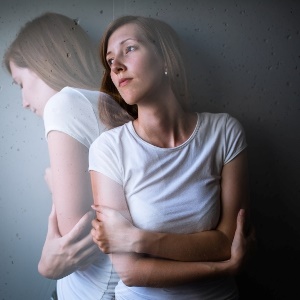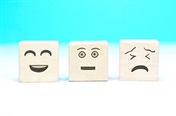
In order to diagnose a depressive disorder, a health professional will have to do a full evaluation to determine if you really have this common mental illness.
This evaluation will include questions regarding your family history, your personal history of medical illness, any medications or drugs that you are using, your symptoms, your level of functioning, and recent stressors.
A physical examination may be carried out to exclude any underlying physical illnesses. Special investigations such as blood tests or brain scans may be required if an underlying problem is suspected.
Other family members and friends may be interviewed in order to obtain more information about your illness, and to assess the level of support you have.
Importantly, your doctor will have to rule out other conditions that may present with similar symptoms (e.g. bipolar disorder). He or she will also try to establish if there’s a risk of self-harm. If there is, you may have to be hospitalised for a while.
Diagnostic criteria
Specific diagnostic criteria have been set out in the DSM-5 (Diagnostic and Statistical Manual of Mental Disorder, 5th edition) to diagnose a major depressive episode.
The presence of five or more of the following symptoms, occurring for most of the time during the same two-week period and which results in a change in your level of functioning, indicates a major depressive episode. The symptoms must cause significant distress or obvious changes in your social and occupational functioning. At least one of the symptoms has to be “depressed mood” or “loss of interest or pleasure”.
The symptoms include:
- Depressed mood most of the day, nearly every day (this may manifest as irritable mood in children)
- Loss of interest or pleasure in activities previously enjoyed
- Appetite changes with significant weight loss (when not dieting) or weight gain
- Increased sleep or insomnia
- Slowing or speeding up of physical activity (e.g. feelings of restlessness)
- Fatigue or loss of energy
- Feelings of worthlessness or excessive or inappropriate guilt
- A decreased ability to think or concentrate, or indecisiveness
- Recurrent thoughts of death or recurrent suicidal ideation
Major depression may be further categorised as mild, moderate or severe, depending on the number of symptoms and the degree of functional impairment.
Reviewed by psychiatrist Dr Matthew Mausling, Life Kingsbury Hospital, Claremont. October 2018.
Read more:




 Publications
Publications
 Partners
Partners












